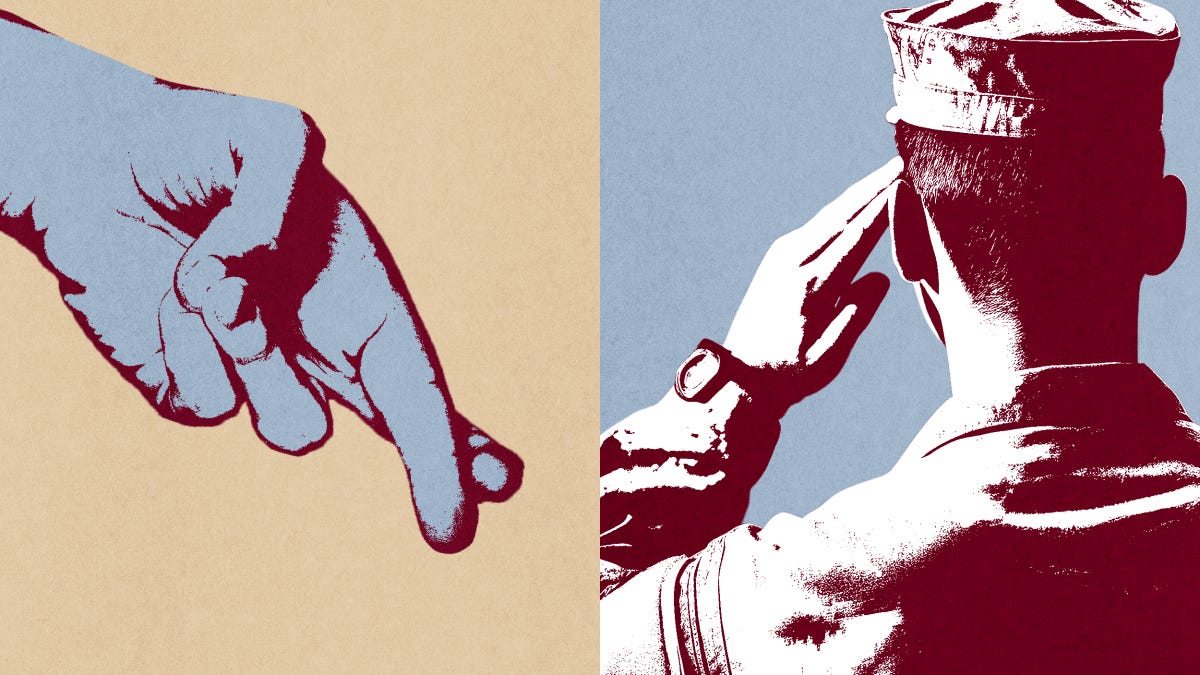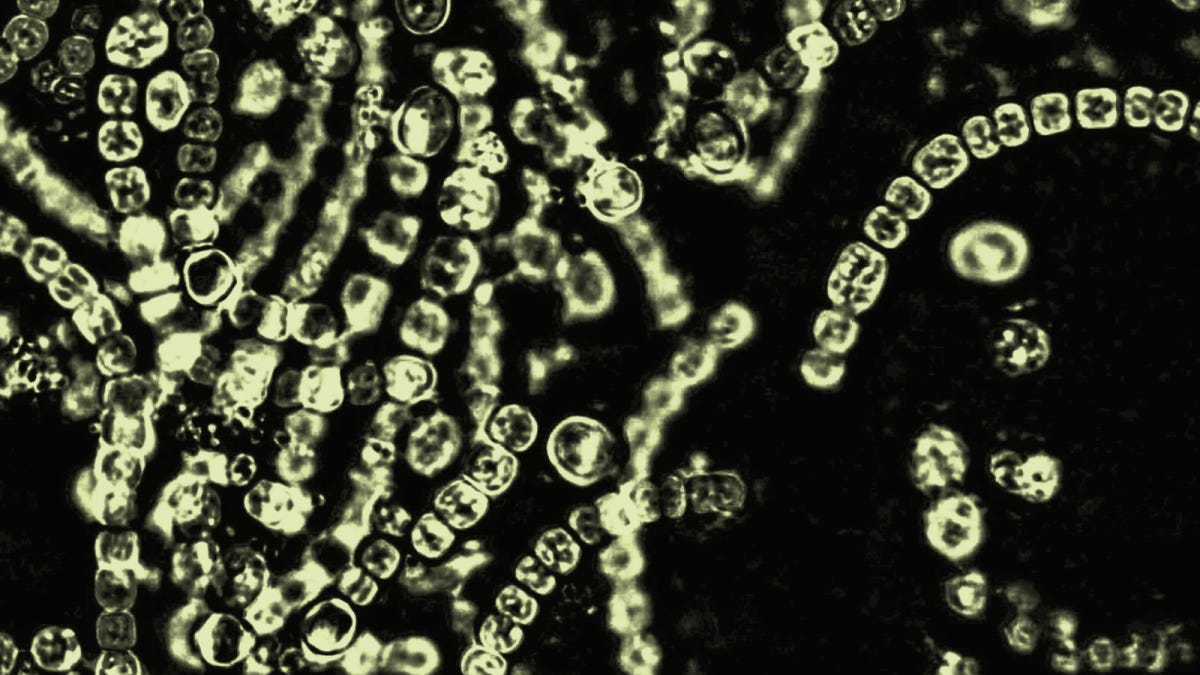with Stephen Johnson • Thu 10 July, 2025
Hey Big Thinkers,
There are more niche jobs now than in ancient Rome. You could get paid to eat 18 Crunchwrap Supremes on a livestream. You could be “Corpse No. 4” in a zombie movie. You could, if the band got back together, be the trombonist for the Mighty Mighty Bosstones.
But the Romans had an especially niche job that’s now extinct. Whenever a general returned to the capital after winning a war, Rome would celebrate him with a spectacular public parade. These so-called “triumphs” were the ultimate ego boost in a culture that championed honor, pride, and military achievement.
So for balance, a slave was tasked with standing behind the victorious general amid the chaotic festivities and periodically whispering into his ear, “memento mori.” Remember, you will die.
This week, behavioral scientist Danny Kenny argues that this reminder — that we will certainly die one day — is a surprisingly practical way to cut through bullshit and reveal what truly matters in life.
Read on,
Stephen
THE BIG SKILL
Why memento mori is the ultimate life hack
Close your eyes. Fast-forward to age 90. It’s a Tuesday, and you’re sitting on a porch. What’s the best version of this moment? For Danny Kenny, it’s simple: being surrounded by loved ones and being healthy enough to think clearly and move around. Not on the list? “The size of my bank account. The prestige of my job title … None of it makes the cut when you’re staring down the barrel of your own mortality.”
Consulting your future self is just one practical way to rebalance your present priorities that Kenny explores in this piece about memento mori, which for him is the ultimate “BS detector.”
Fast Stats
5 — The stories that teach you philosophy (better than some philosophy books).
36 — The age at which Vincent Van Gogh moved into an asylum.
2034 — The year when a unique mission to Uranus and Neptune could launch.
$4.4 trillion — The predicted growth potential that long-term AI investment could add to the global economy.
THE BIG COLLABORATION
What Earth’s undefeatable organisms reveal about survival
Astrobiologist Betül Kaçar is resurrecting ancient microbial genes to understand how life once adapted to an Earth that was completely unlike our own. No oxygen. Toxic oceans. Massive climate swings. Through it all, microbes survived, adapted, and invented the chemistry that still powers life today. By reconstructing those early innovations, Kaçar’s lab is uncovering tools that could help us rethink how to adapt to a changing planet.
MINI PHILOSOPHY
The noble lie: Why countries that lie together, stay together
By Jonny Thomson
Epistemic paternalism is the idea that we should police what people know. It’s when we control curricula, ban books, and expose people only to certain ideas. If any of you are screaming “Fascism!” at your screen, let me tell you that almost all governments in the world employ some degree of epistemic paternalism. For example, we don’t teach children how to hack computers — or we at least make it difficult for them to learn on their own. We also remove content that might prejudice a verdict in a court of law.
In this week’s Mini Philosophy article, we explore the concept of the “noble lie,” a narrative we invent to unite people and, hopefully, help society work a bit better. Historically, noble lies have been outright supremacist — “We’re the best, the barbarians are the worst.” These days it’s more subtle — “This ideology is the best, that one is the worst.”
The question is: How far should we want to — and how far should we allow — these deceptive bindings to be challenged? Should we seek to erode the glue that binds us together? Should we call out the “noble” lie?
Read on to find out more.
Subscribe to Mini Philosophy on Substack for even more from Jonny Thomson.
Popular Columns
Business: Inside the subtle art of succession
Starts With A Bang: Did JWST catch the Ring Nebula forming new planets?
Books: Deep listening: The 8 steps to revitalize any conversation
THE BIG KEY
Why your microbiome may matter more than DNA for your lifelong health
“Am I human, or am I bacteria?” That’s the question that stuck with Big Think contributor Jasna Hodžić while reading The Microbiome Master Key. In the book, Brett and Jessica Finlay make the case that the trillions of microbes we carry aren’t just along for the ride. They help shape our digestion, immune system, skin, and maybe even how we think. “The best thing about the microbiome,” says Brett Finlay, “is that you can change it.”
Stephen Johnson is the managing editor at Big Think.
Get more from Big Think:
Mini Philosophy | Starts with a Bang | Big Think Books | Big Think Business
















Momento Mori is the ultimate stoic principle. You could argue that some religions attempt to inspire the same principle albeit, dressed in a more depressing outfit.
Yes. Death is not darkness.
It’s the flashlight we forget to switch on.
When you remember death,
you finally start remembering life.
The little moments.
The breaths. The hugs. The way someone looks at you when you're not watching.
You stop chasing…
and start living.
Death is the mirror that asks,
“If this was your last week, what would truly matter?”
Not the job.
Not the likes.
But did you love enough?
Did you forgive?
Did you taste the silence of the stars?
This is not morbidity.
This is clarity.
This is truth wrapped in shadow.
And if you can hold it… it sets you free.